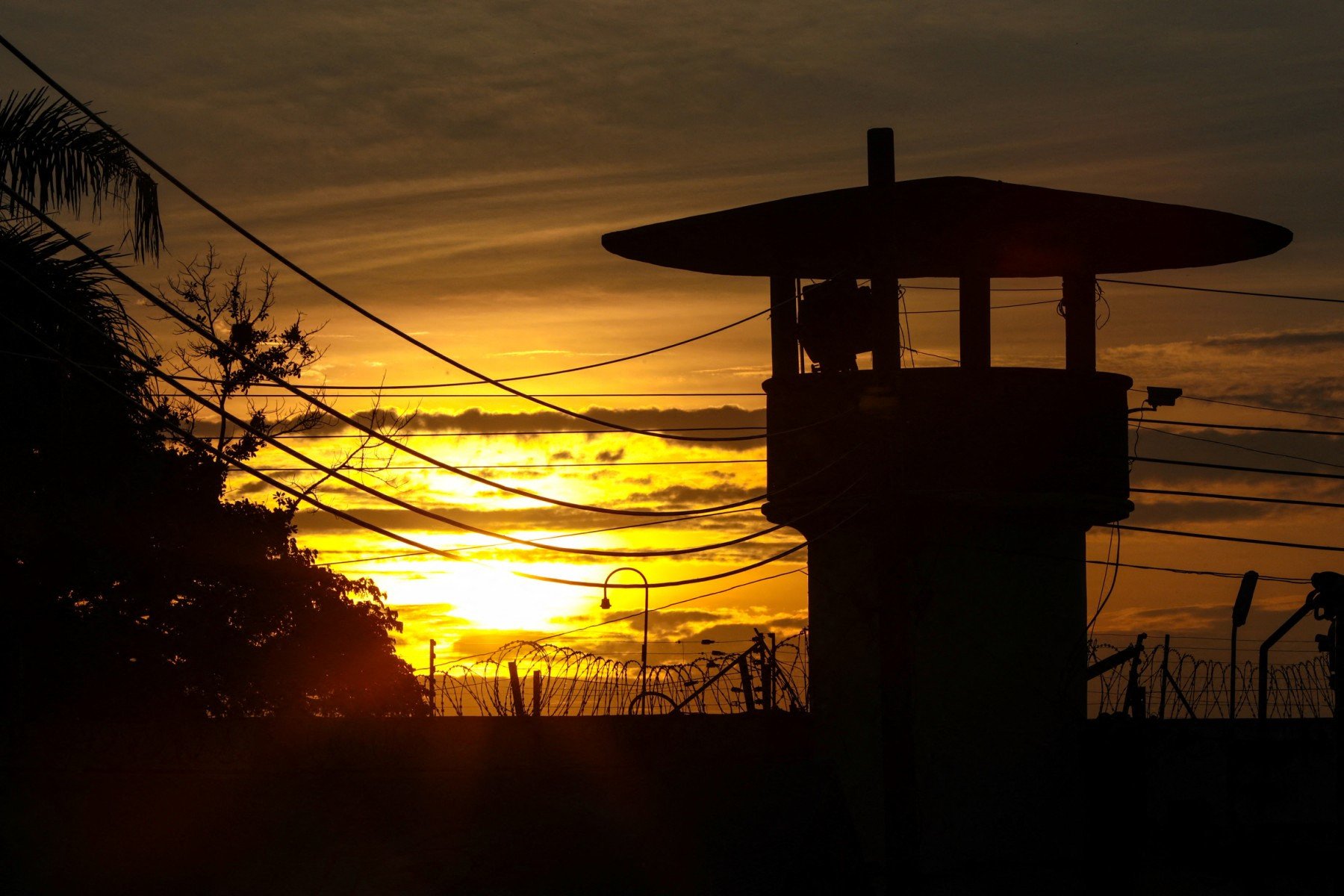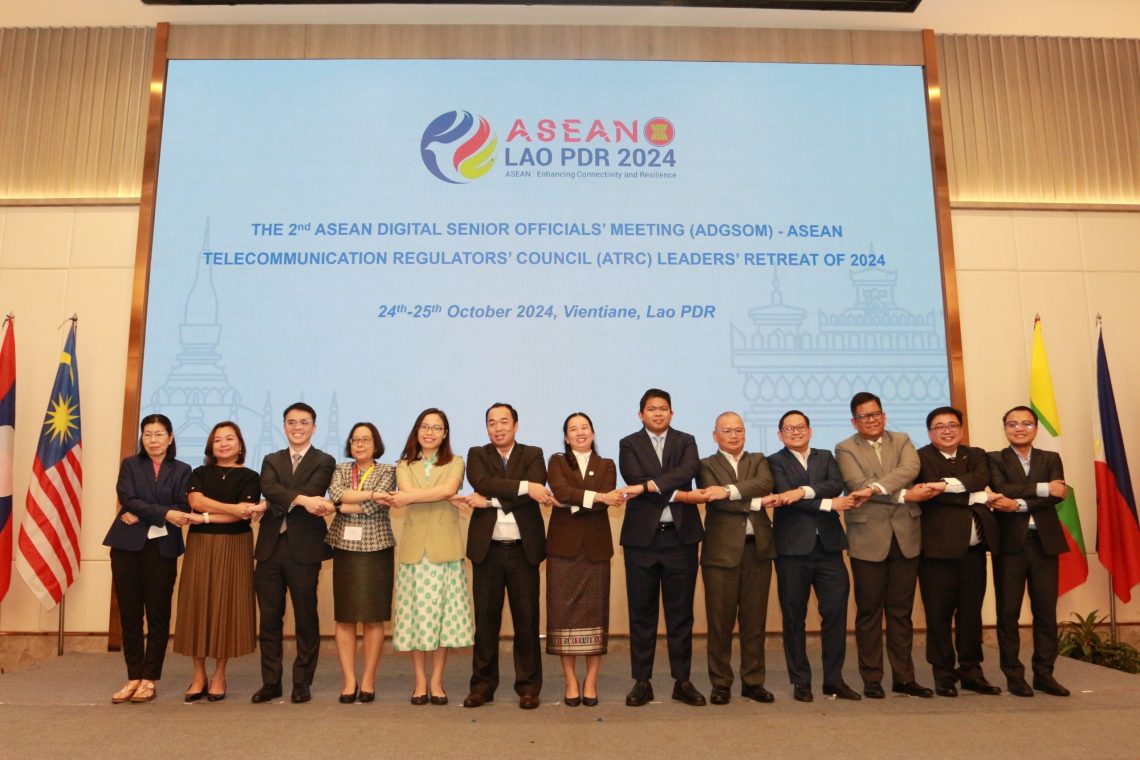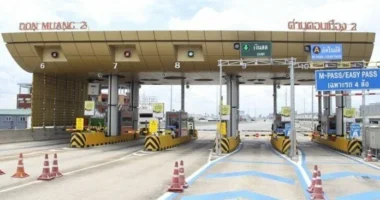Background on Montagnards
Legal Proceedings
A Thai court has sentenced 43 members of the Montagnard minority group from Vietnam to jail for entering Thailand illegally. The Montagnards, who are predominantly Christian, have historically faced persecution in Vietnam due to their religious beliefs and advocacy for autonomy. The detained individuals were among 68 asylum seekers arrested during a funeral service in Nonthaburi. Most of those detained were transferred to immigration authorities, but some were released due to their legal status in Thailand.
Human Rights Concerns
Legal Consequences
The 43 Montagnards were fined 4,000 baht each for illegal entry but were unable to pay, resulting in an eight-day jail sentence. After serving their terms, they will be held at the Suan Phlu detention center. Human rights organizations often seek bail for such detainees to prevent prolonged detention. The wife of jailed activist Y Quynh Bdap, who faces extradition to Vietnam on terrorism charges, was among those sentenced. Bdap’s case has raised concerns about potential torture and unfair trials if he is extradited.
Political and Social Context
Activism and Extradition Risks
Y Quynh Bdap is a prominent figure in the Montagnards Stand for Justice group, which advocates for religious freedom and rights in Vietnam’s Central Highlands. The Vietnamese government has labeled this group a terrorist organization, alleging involvement in violent attacks. Bdap denies these allegations and has been granted refugee status by the UNHCR. His extradition case is pending, with human rights groups urging Thailand not to return him to Vietnam due to the risk of ill-treatment.
International Implications
Refugee Policies
The detention and potential extradition of Montagnards highlight Thailand’s complex refugee policies and its obligations under international law. Thailand’s decision to jail the Montagnards while considering Bdap’s extradition reflects the country’s delicate balance between domestic legal procedures and international human rights standards. The situation also underscores the challenges faced by minority groups seeking asylum and the need for protection from persecution.









